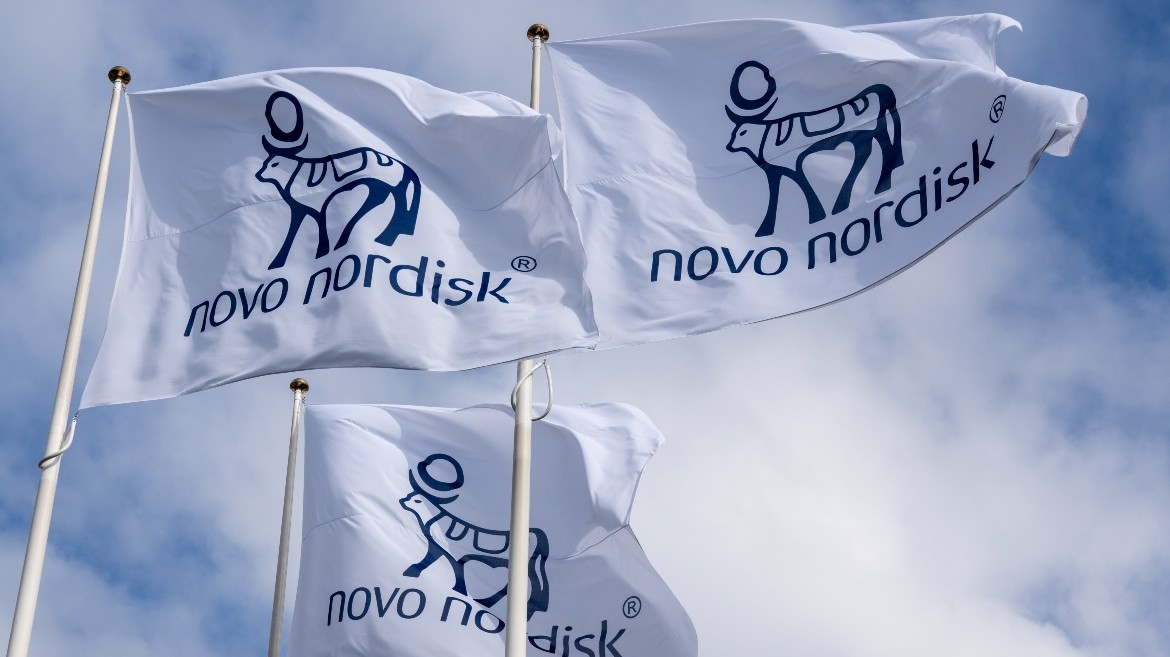This article is part of Morningstar's "Perspectives" series, written by third-party contributors.

Executive remuneration has been one of the most widely discussed issues for shareholders in recent history. Stories of eye-watering CEO pay packages have generated acres of column inches. However, for analysts, there is a more interesting subtext to the remuneration story: it acts as a key barometer in gauging the robustness of a firm’s corporate governance structure and the discipline of its capital allocation.
While the disparity of income is demonstrably not good for social cohesion, from an investment perspective, one could argue excessive pay is not necessarily a problem. Rather, the real area of contention is the lack of alignment between the company’s performance and its pay practices.
Throughout the last voting season, we voted in a total sixty meetings – with 22% of those meetings having at least one resolution where we’ve voted against management. Some of the topics we engaged on were a lack of independence on the board, over-boarding concerns, and company lobbying practices – however, the general theme centred on remuneration.
What Does Excessive Pay Tell Us?
Remuneration gives a vital indication of a company’s appetite in managing risk and whether it adopts a short or long-term mind-set. We don’t believe using earnings per share and relative total shareholder return as sole performance metrics are effective in rewarding management. We prefer to see metrics which have the capacity to correlate with the company’s long-term investment strategy.
Earnings per share can be manipulated by the use of debt and financial leverage, to purchase earnings through acquisitions or buybacks. This can sometimes give a distorted view of the company’s profitability to the shareholders, and the market as a whole, as it can affect the metric in the short-term, while not necessarily improving company fundamentals.
Moreover, relative total shareholder return, although a good indicator to measure long-term investment performance, doesn’t necessarily take into account the company’s use of its invested capital or its return on assets. We instead prefer to see metrics such as, organic or recurring revenue growth, cash conversion, return on assets, or the measurement of progress on strategic objectives.
Finding Best-in-Class Opportunities
Ultimately remuneration is a question of a company’ approach; its philosophy. As investors, we must ask the question: is management a good long-term steward of capital? We consider stewardship, engagement and our voting activities to play an integral part in our investment process. They act as an engagement tool with our investee companies, where we can discuss their long-term investment strategy, their capital allocation, and other key governance issues.
We have created an annual general meeting analysis framework – which helps us highlight the best in class companies in our portfolios, from a stewardship perspective. The analysis allows us to go into more detail about the company’s board profile, its remuneration policies, and shareholder resolutions.
We feel providing an investor’s point of view is very important, hence we look to engage with companies, especially before, or after, the AGM. It may not necessarily lead to our recommendations being adopted in the short-term. However, creating a longstanding engagement with our investee companies can prove to be beneficial for them, and the long-term investor.
The question of excessive remuneration is an emotive one. The widening gulf in pay pervades industries across the globe, and is a major social issue that may be considered in the context of ESG factors. However, it is the misalignment of pay and performance that can untimely detect whether a company is a best-in-class firm that operates with a sustainable business model and long-term mindset.
Morningstar Disclaimer
The views contained herein are those of the author(s) and not necessarily those of Morningstar. If you are interested in Morningstar featuring your content on our website, please email submissions to UKEditorial@morningstar.com.




























